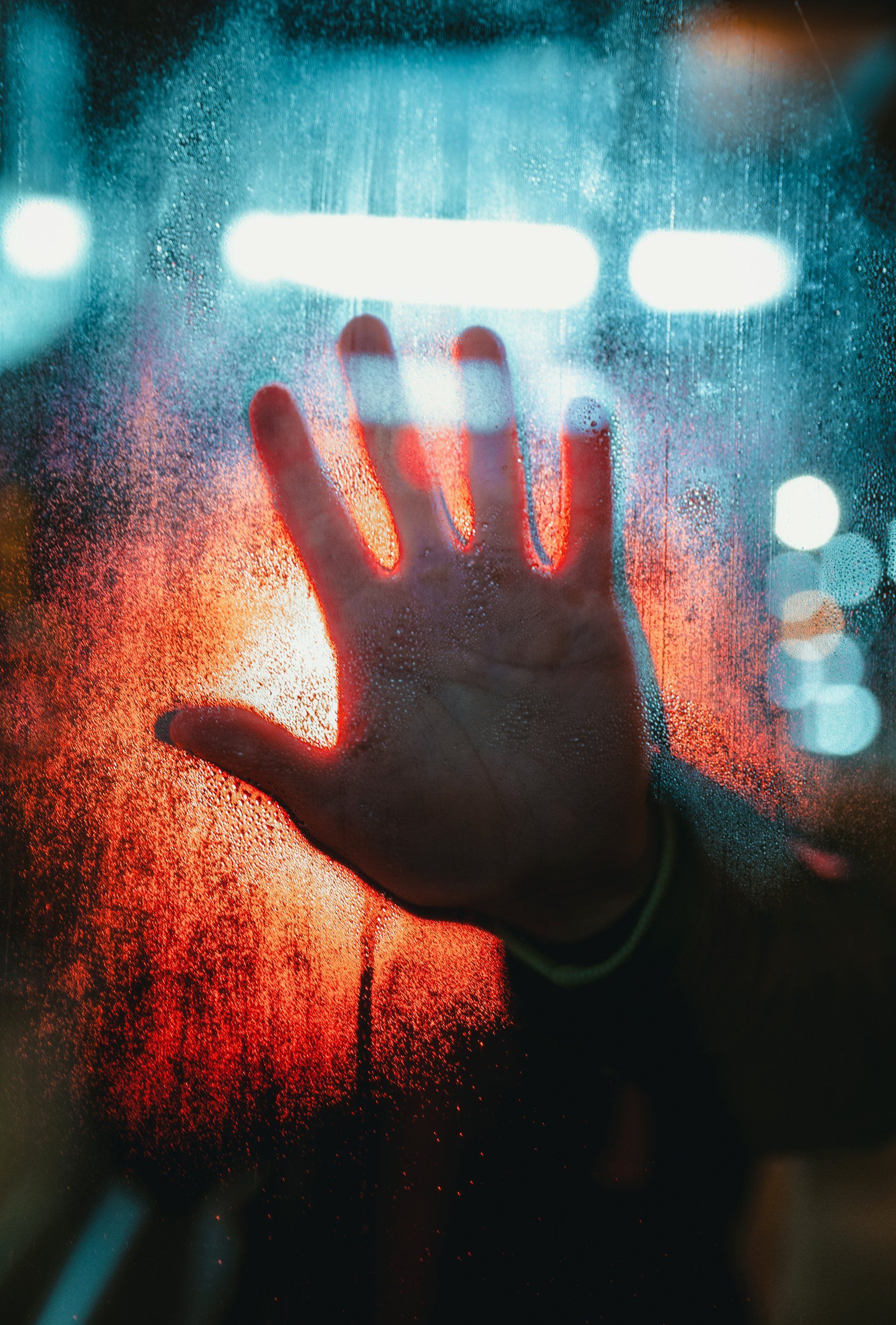Latest covid advice – It’s confusing
Current official guidance means the public are no longer legally required to quarantine. But experts say it’s advisable for the safety of other people, especially as covid cases are still ebbing and flowing, and there are warnings the NHS will struggle this winter. So what do you need to do to stay safe from covid and keep others safe?
The government’s ‘Living with Covid’ plan means there’s no legal requirement to tell your employer if you test positive, and no need to self-isolate. But when you think logically, is it really a good idea to go to work when you’re sick? Would you go to work with a bad cold or flu, potentially infecting your colleagues?
It’s confusing out there, since some of the advice contradicts itself. The government website says you need to ‘try to work from home if you can. If you are unable to work from home, talk to your employer about options available to you’. On the other hand you don’t have to test for covid before going anywhere, including to work. And while there’s no legal requirement to tell your employer you’ve got covid, you’re still ‘encouraged’ to follow the government’s guidance for people who become infected with the virus – which means self-isolating for seven days.
So what do you do if you feel ill? According to the Department for Health and Social Care, you should work from home if possible and avoid contact with other people if you have symptoms for five days. If someone is vulnerable you’ll need to avoid them for ten days. If you have to leave the house you should wear a face covering and avoid crowded and badly-ventilated places. But their information hasn’t been updated since June 2022.
On 3rd November 2022 an estimated 2.1 million of us had Long Covid, 50% of whom have been suffering for at least a year since catching covid. It’s most common in people aged 35 to 69, in women, in deprived areas, in people who work in social care, people aged 16+ not in work and not looking for a job, and people with an activity-limiting health condition or disability. Fatigue is experienced by 70% of those with Long Covid, along with problems concentrating (45%), shortness of breath (42%, and aching muscles (42%). These symptoms affect the daily lives of 1.6 million people, 73% of people with the condition. Do we really want to put anyone else at risk of long covid?
Advice for children with covid
According to the NHS, people of any age who have symptoms or don’t feel well enough to go to work, school, college or do normal activities, should stay at home and avoid contact with other people. They say you can go back to your normal activities when you feel better, or no longer have a high temperature.
There’s more official advice for kids from the NHS. If your child has mild symptoms such as a runny nose, sore throat or mild cough, and they feel well enough, they can go to school, college or childcare. You’ll need to encourage them to carry out basic hygiene like they should with a cold or flu. Most children will recover in a few days with rest and plenty of fluids. Elsewhere we found conflicting advice: if a child or young person aged 18 or under tests positive they should try to stay at home and avoid contact with other people for 3 days from the day after their positive test.
Because young people are infectious for less time there’s a much lower risk they’ll pass covid on to other people. But surely we still need to do what we can to stop the virus spreading and mutating?
If you’re confused, you’re not alone. A recent Radio 4 programme revealed many schools are insisting children go to school with covid, while preferring those with colds and flu to stay home. Does that make any sense? Why is it important for them to go to school with covid when you’d be unlikely to send your child to school with a bad cold or flu?
It’s hard to know what to do – but one thing is clear. We all need to do our bit to protect each other from evolved versions of the virus that could end up a lot worse than the covid that first emerged from China.
How to keep everyone safe from covid indoors
Our technology is proven to damage covid’s DNA and RNA so badly it can’t reproduce, effectively killing it off. Our lamps and portable machines are designed to clean a space quickly and efficiently, and they’re cheap to run as well as affordable in the first place. If you’re concerned about spreading covid through your business or school, it’s an excellent way to keep people of every age safer, and do your bit to keep covid under control in future.










